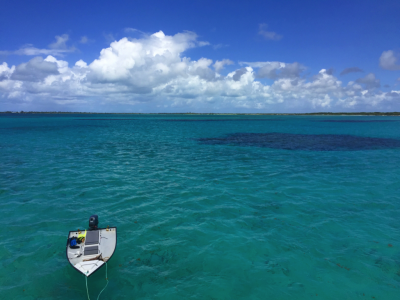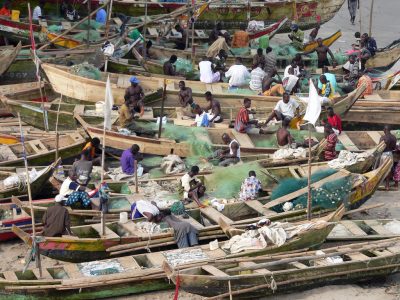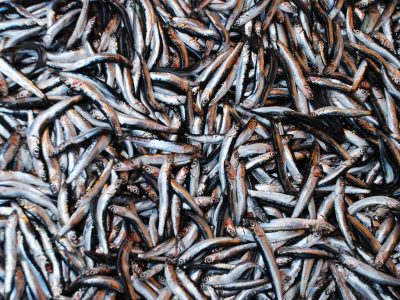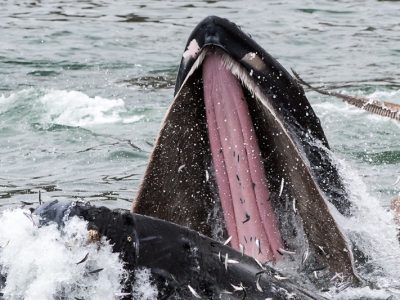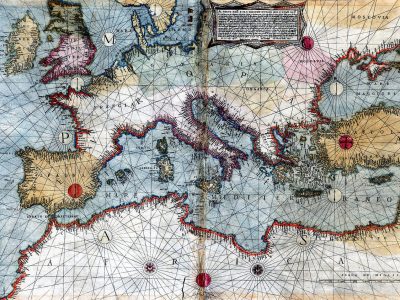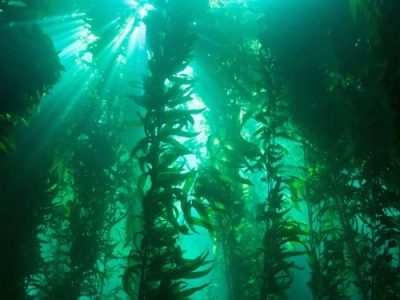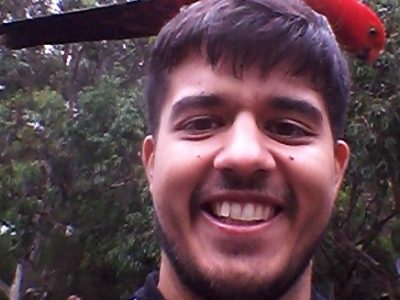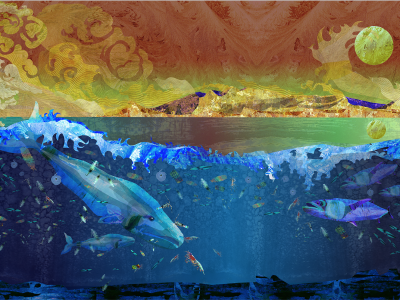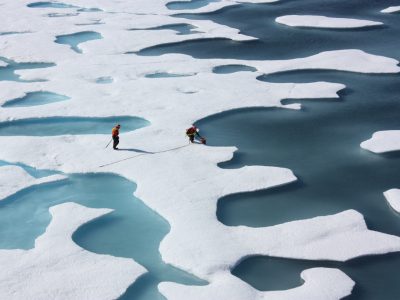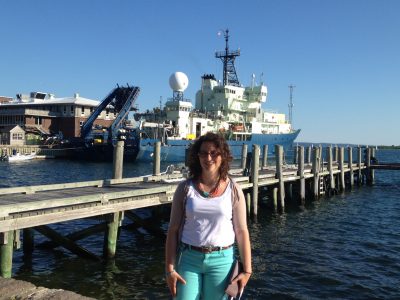In Pursuit of Parrotfish: Fieldwork in Antigua and Barbuda
By Julia Mason, Nereus Fellow at Stanford University
I got to spend a few weeks this August doing my very favorite activity: playing field assistant for a friend in a beautiful place. The closest I get to fieldwork for my own research is interviewing fishermen—fun and exciting in its own way, but it’s still a treat to put on my ecologist hat (or rather, mask) and jump in the water.



